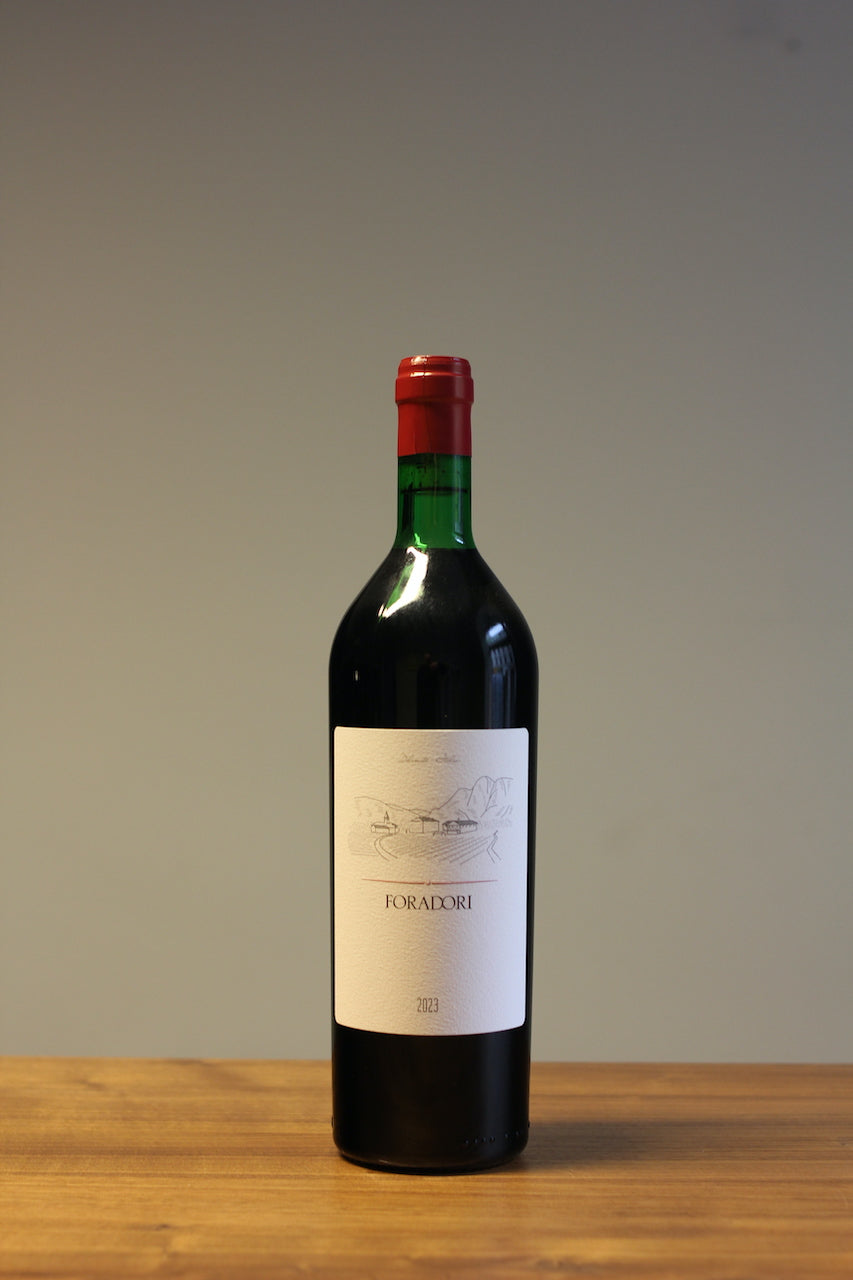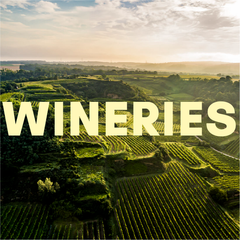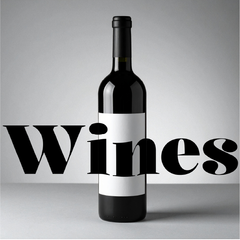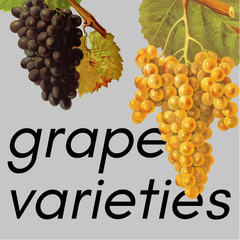Free shipping within Austria from € 99
Free shipping to Germany from € 120
Shipping costs within the EU
Payment methods
Foradori
Teroldego 2023
Teroldego 2023
Couldn't load pickup availability
The range of wines produced by Elisabetta Foradori over her more than 30-year winemaking career has occasionally shrunk and then expanded again. The only constant in her portfolio has been her Teroldego, which has always served as a guide for her evolving approach over the years. Initially marked by a bit of oak and concentrated power, the wine – like the rest of the wines from this constantly questioning winemaker – has gradually become finer, more vital, and more elegant. Elisabetta’s interpretation of her terroir has become increasingly precise, and her vision of how Teroldego should express itself at the Campo Rotaliano has grown clearer. She has progressively managed to capture the climatic coolness of the surrounding mountains in her wines and give voice to the barren soils shaped by lime, sand, and granite.
The wooden barrels in which the Foradori Teroldego was once aged are now reserved for the Granato. For her classic Teroldego, she uses concrete vessels from the first phase of vinification until bottling, which allow the wine to breathe but otherwise do not influence it further.
Style
Strict, cool, and lively. Elegant and compact. Red fruit predominates. The Foradori Teroldego has grip and exerts considerable pressure on the palate due to a combination of acidity and substance. Despite its densely woven texture, it remains stimulating.
Data Sheet
Grape Variety: 100% Teroldego
Vineyard: Various vineyards (a total of 10 ha) in the Campo Rotaliano. Different climatic microzones and soil types (granite, limestone, sand).
Harvest: Hand-picked in 25 kg crates
Fermentation: Spontaneous | Wild yeasts in concrete tanks
Aging: 12 months in concrete
Filtration: No
SO₂: < 50 mg/l total sulfur
Alcohol Content: 12% vol
Closure: Natural cork
Serving Temperature: 15-17°C
Optimal Drinking Window: From now until 2032
Membership: La Renaissance des Appellations
Volume and Price per Liter: 0.75 l / (€29.37/l)
All producers listed by Vinonudo work in their vineyards using compost, organic fertilizers, and natural preparations, and they refrain from using herbicides, pesticides, and synthetic fertilizers.
Share







